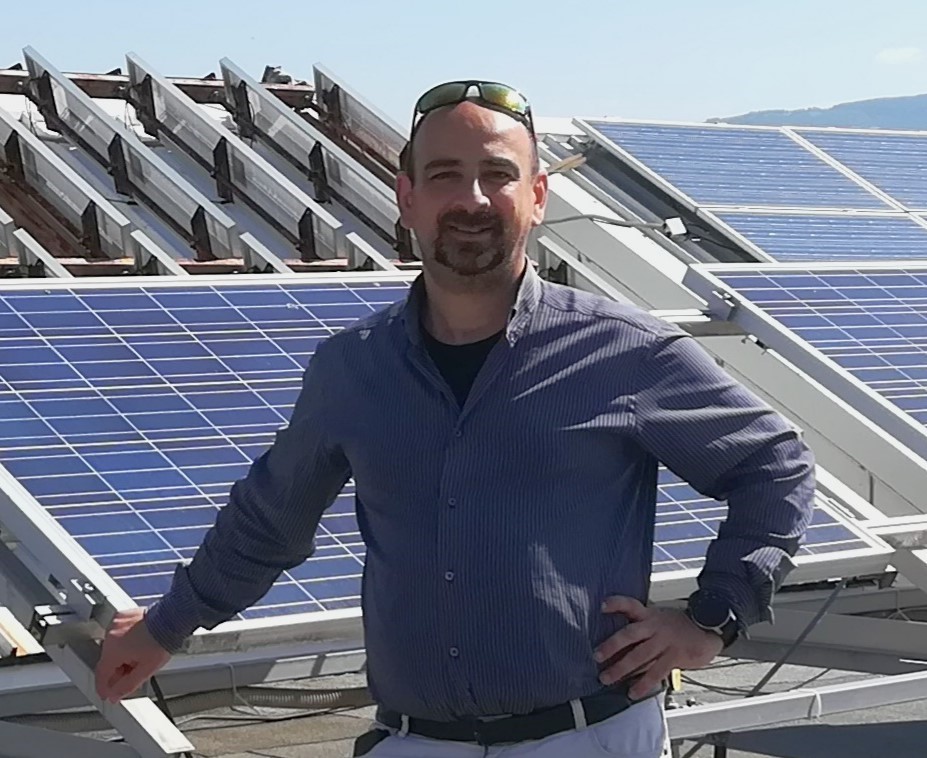Collection
Community Energy Systems and the Integration of Renewable Energy
- Submission status
- Open
- Open for submission from
- 07 July 2023
- Submission deadline
- 30 June 2024
The increasing global demand for clean and sustainable energy has spurred toward new energy schemes and systems concepts. The EU introduced the concept of community energy systems (CESs) in 2019 through the Clean energy for all Europeans package as a promising solution for local energy generation and consumption. They offer a means to re-structure the current energy systems by harnessing energy and allowing citizens to participate actively in the energy transition. CESs promote the integration of renewable energy sources (RES) at the community level, facilitating greater energy autonomy and reducing greenhouse gas emissions.
The collection will cover topics related to the definition of the distinctive features of CESs, including the participation of local stakeholders, cooperative governance models, and the focus on localized energy production and distribution, exploring the potential benefits of CESs, such as enhanced energy security, reduced energy costs, increased resilience, and the promotion of social cohesion within communities. Furthermore, the role of renewable energy integration within CESs is to be examined, considering various RES technologies, including solar, wind, hydro, and biomass, and their compatibility with community-scale deployment. The challenges related to grid interconnection, energy storage, and demand-side management in CESs are also addressed, emphasizing the need for innovative solutions to optimize RES utilization and ensure grid stability.
Topics can also include a comprehensive analysis of the policy and regulatory frameworks that support CESs and renewable integration and discuss successful case studies from different countries, highlighting the diverse approaches taken to incentivize community participation, foster local ownership, and provide financial support for CES projects.
Keywords:Renewable energy; Community energy systems; Renewable energy integration; Local energy production; Cogeneration; Cooperative governance; Energy policy frameworks; Sustainability; Sustainable Development; Energy
Editors
-
Piero Bevilacqua
Dr. Piero Bevilacqua, University of Calabria, Italy. He is a Researcher at the Department of Mechanical, Energy and Management Engineering, University of Calabria. He has participated in numerous National research projects dealing with topics of energy efficiency and renewable sources. His interests include passive systems for the building envelope, green roofs, photovoltaic systems, thermal comfort of indoor spaces, NZEB in the Mediterranean area, innovative air-conditioning plants, integrated thermal storage systems; solar cooling; thermal properties of building materials, experimental analysis of renewable sources; solar energy, and etc
-
Miroslav Čekon
Assoc. Prof. Miroslav Čekon, Slovak University of Technology, Slovak. Dr. Miroslav Čekon is an Associate Professor at the Slovak University of Technology and an experienced scientist at the Slovak Academy of Sciences working in the area of thermal and optical aspects of building materials and thermo-responsive building components, adaptive façades and their applications in building science (building performance analysis, transparent insulation materials, selective absorbers, PCMs). Reviewer of leading respected journals in the field of Building Science. Principal investigator of national grants in Czechia and in Slovakia.
-
Roberto Bruno
Assoc. Prof. Roberto Bruno, University of Calabria, Italy. He is an Associate Professor in Building Physics and Building Energy Systems (ING-IND/11).he is responsible for Research Activities for several national and foreign institutions and participation in national research activities. He has been a speaker at national and international congresses concerning Building Physics and Building energy systems and author/coauthor of over 100 scientific papers, of which 65 are in Scopus-indexed journals.




